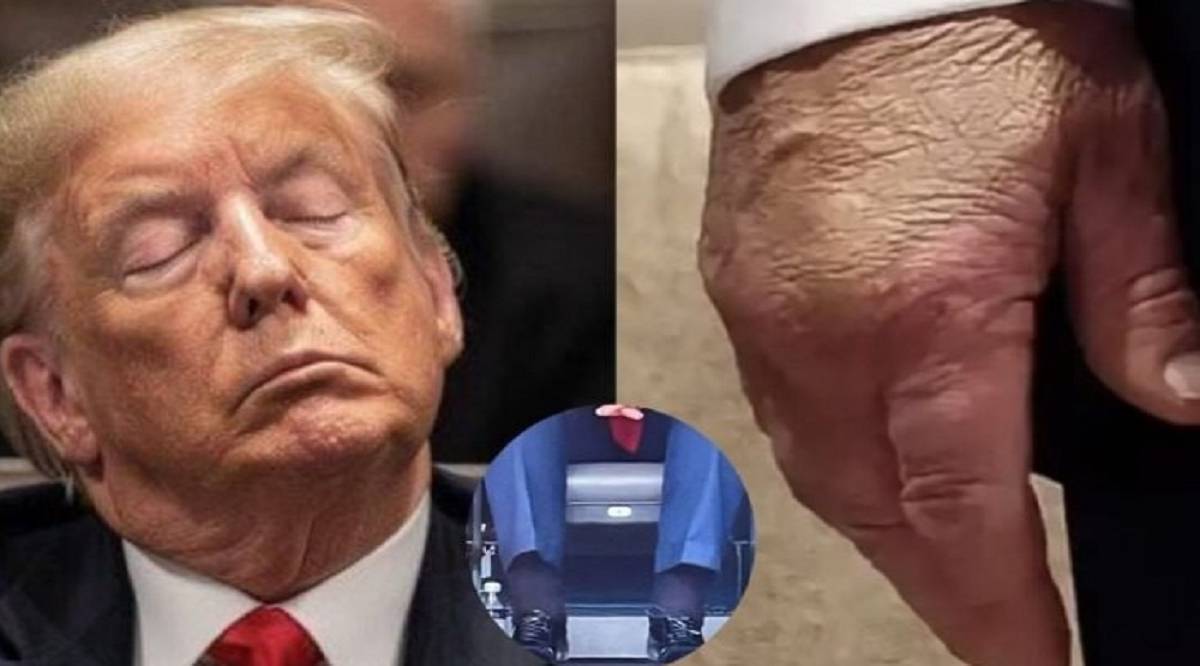1929 Views
Trump’s COVID Crisis: A Symptom of America’s Decaying Political System
In recent days, news of U.S. President Donald Trump’s illness has circulated across the media. Given the significance of Trump’s position in American politics, this development has attracted widespread attention. The consequences of this issue could extend beyond domestic politics and carry international ramifications. Trump's illness raises several questions, especially considering how, during the COVID-19 pandemic, he undermined medical science, mocked experts, and fueled public skepticism towards scientific reasoning. Now that news of his illness has surfaced, it is essential to examine its various dimensions, which this article will attempt to do.
Lack of Transparency in Reporting Trump’s Health
During both the COVID-19 pandemic and Trump’s recent illness, the White House adopted a policy of ambiguity and incomplete information. This approach exacerbated public distrust and left many Americans uneasy. In the absence of clear information, both the public and analysts gravitated toward pessimistic scenarios—some even speculating about the president’s death or incapacitation. When transparency is absent, worst-case scenarios naturally dominate public discourse.
Trump’s Illness as a Symbol of COVID-Era Mismanagement
Trump's irrational behavior during the pandemic—his disregard for scientific guidelines, his open contempt for public health protocols, and his spread of misinformation—not only plunged American society into crisis but also damaged the global perception of U.S. leadership. His confrontational stance toward China and deteriorating relations with key allies during this time further underscored the failure of U.S. leadership in moments of global crisis.
Possibility of Power Transfer Amid Worsening Illness
Given the lack of transparency surrounding Trump’s condition, there is a real possibility of a temporary or even permanent transfer of power to the Vice President should his illness worsen. A similar scenario unfolded during President Biden’s term. This recurring issue reveals a deeper crisis in the U.S. political system—a failure to cultivate younger political talent. A healthy political system trains and promotes new generations of leaders, ensuring continuity and avoiding overreliance on elderly statesmen. When no such pipeline exists, the system is forced to recycle aging leadership, leaving it vulnerable and fragile.
Lack of Youth in U.S. Politics and the Need for Elite Turnover
The continued dominance of elderly figures like Trump and Biden has led to stagnation and a lack of dynamism in American governance. The absence of a progressive new political generation has drastically limited the system’s ability to address modern challenges, and the American public has grown tired of the same old faces. This fatigue highlights the political inertia at the heart of the system. The current political climate in the U.S. is ripe for the emergence of young, moderate, and pragmatic leaders—candidates capable of earning the people’s trust and promoting diplomatic engagement with the outside world. Such a shift could become a key feature of the upcoming elections, symbolizing a deeper transformation within the U.S. political structure.
Conclusion
The opaque approach the White House takes in handling presidential health issues underscores a broader atmosphere of uncertainty and fear over potential crises in American leadership. In the absence of youthful political figures, the system continues to rely on aging leaders. The handling of Trump’s illness—marked by a lack of transparency and consistency, in line with his historically irrational conduct—has led many U.S. analysts to conclude that a major political shift is overdue. The injection of young blood into American leadership is no longer just a matter of reform—it's a necessity for the country’s future.
*Translated by Ashraf Hemmati from the original Persian article written by Amirali Yeganeh

Comment
Post a comment for this article